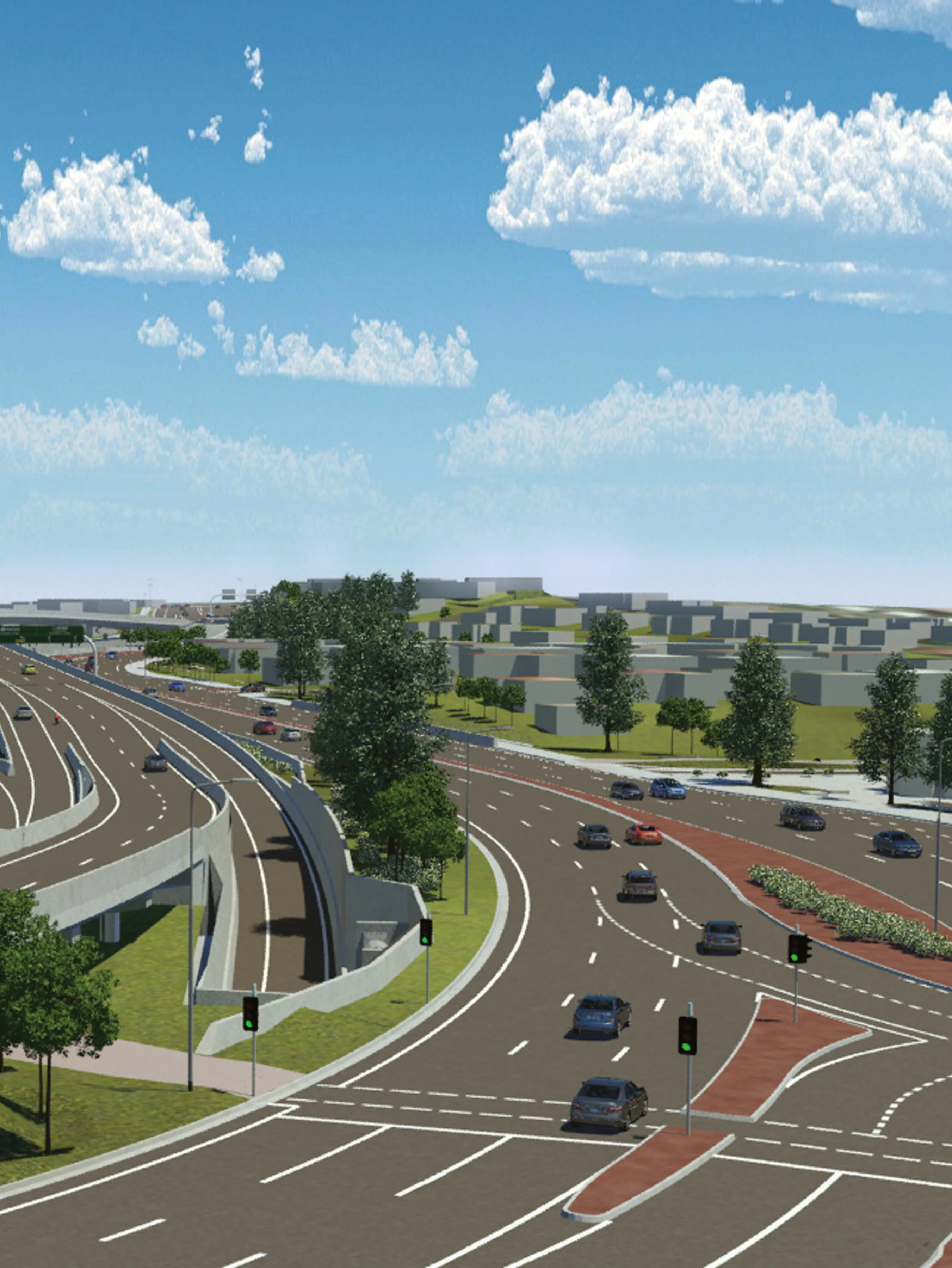Work will soon start on the €1.3 billion project to widen a stretch of the A6 motorway, one of Germany’s most congested highways.
Both sides of the motorway between the Weinsberg and Wiesloch/Rauenberg junctions will be expanded.
On 25 km of the section being expanded under the project – altogether 47.1 km – the number of lanes will be increased from four to six. The project also encompasses the construction of the 1.3km-long Neckartal Bridge.
Preparatory work for the public-private partnership has
January 26, 2017
Read time: 2 mins
Work will soon start on the €1.3 billion project to widen a stretch of the A6 motorway, one of Germany’s most congested highways.
Both sides of the motorway between the Weinsberg and Wiesloch/Rauenberg junctions will be expanded.
On 25 km of the section being expanded under the project – altogether 47.1 km – the number of lanes will be increased from four to six. The project also encompasses the construction of the 1.3km-long Neckartal Bridge.
Preparatory work for the public-private partnership has already begun with project completion in about five and half years, in July 2022. Clients for the project are the Federal Ministry of Transport and Digital Infrastructure, the state of Baden-Württemberg and Stuttgart Regional Board.
The Federal Government, represented by the regional administrative council (Regierungspräsidium) of Stuttgart, had initially put the roadworks to public tender. This PPP project is designed as a business model type 'A' - or availability model – where the Federal Government makes payment to the private contractor based on the passability of the lanes.
Apart from construction work, the project involves operation and maintenance for the entire 47.1km section over 30 years. The bidding consortium ViA6West made up of the construction firms981 Hochtief and 1249 Johann Bunte Bauunternehmung together with the financial investor 3634 DIF Infrastructure IV was awarded the concession to carry out the PPP project last October. Construction accounts for around €600 million of this total. Hochtief PPP Solutions has a 30% share in ViA6West, DIF has 50% and Johann Bunte holds 20%.
Consulting engineers Schüßler-Plan was leader of an interdisciplinary advisory team consisting of engineers, lawyers, financial service providers and business consultants. The team worked on conceptual design, consulting and management of the complex bidding procedure. Schüßler-Plan itself carried out economic feasibility studies.
Consulting engineers1419 Arup provided technical due diligence for one of the bidders and the banks.
The project is qualified for the Juncker Plan under which the EIB –European Investment Bank - and the European Commission provide funds for infrastructure projects in order to overcome the current investment shortfall in Europe. KfW IPEX-Bank is offering a tranche as a project bond, which involves the project company placing the bond on the capital market.
Both sides of the motorway between the Weinsberg and Wiesloch/Rauenberg junctions will be expanded.
On 25 km of the section being expanded under the project – altogether 47.1 km – the number of lanes will be increased from four to six. The project also encompasses the construction of the 1.3km-long Neckartal Bridge.
Preparatory work for the public-private partnership has already begun with project completion in about five and half years, in July 2022. Clients for the project are the Federal Ministry of Transport and Digital Infrastructure, the state of Baden-Württemberg and Stuttgart Regional Board.
The Federal Government, represented by the regional administrative council (Regierungspräsidium) of Stuttgart, had initially put the roadworks to public tender. This PPP project is designed as a business model type 'A' - or availability model – where the Federal Government makes payment to the private contractor based on the passability of the lanes.
Apart from construction work, the project involves operation and maintenance for the entire 47.1km section over 30 years. The bidding consortium ViA6West made up of the construction firms
Consulting engineers Schüßler-Plan was leader of an interdisciplinary advisory team consisting of engineers, lawyers, financial service providers and business consultants. The team worked on conceptual design, consulting and management of the complex bidding procedure. Schüßler-Plan itself carried out economic feasibility studies.
Consulting engineers
The project is qualified for the Juncker Plan under which the EIB –European Investment Bank - and the European Commission provide funds for infrastructure projects in order to overcome the current investment shortfall in Europe. KfW IPEX-Bank is offering a tranche as a project bond, which involves the project company placing the bond on the capital market.







